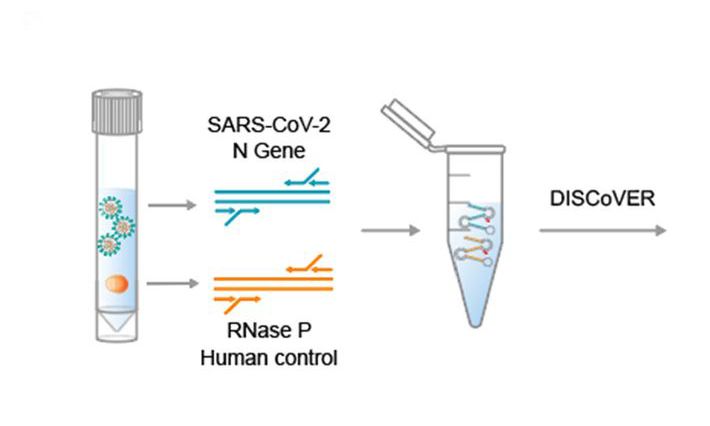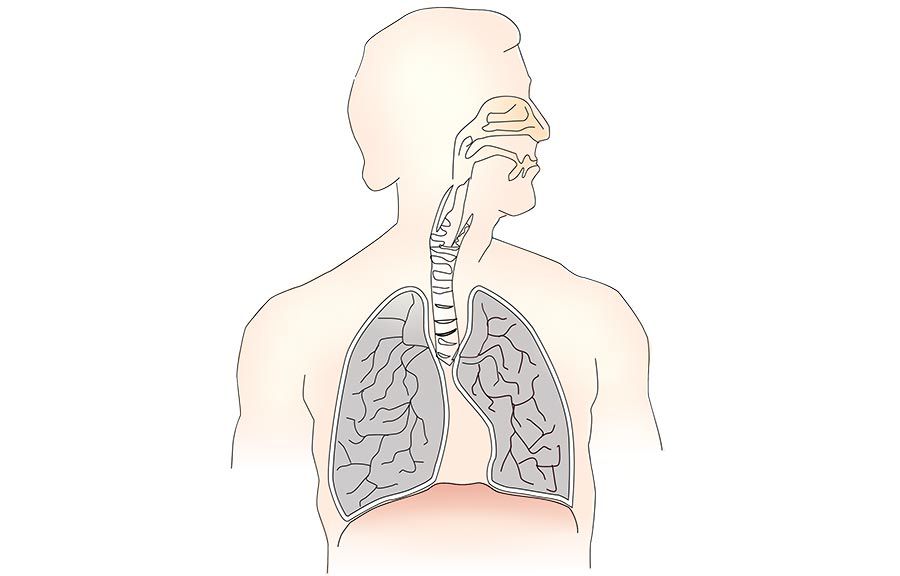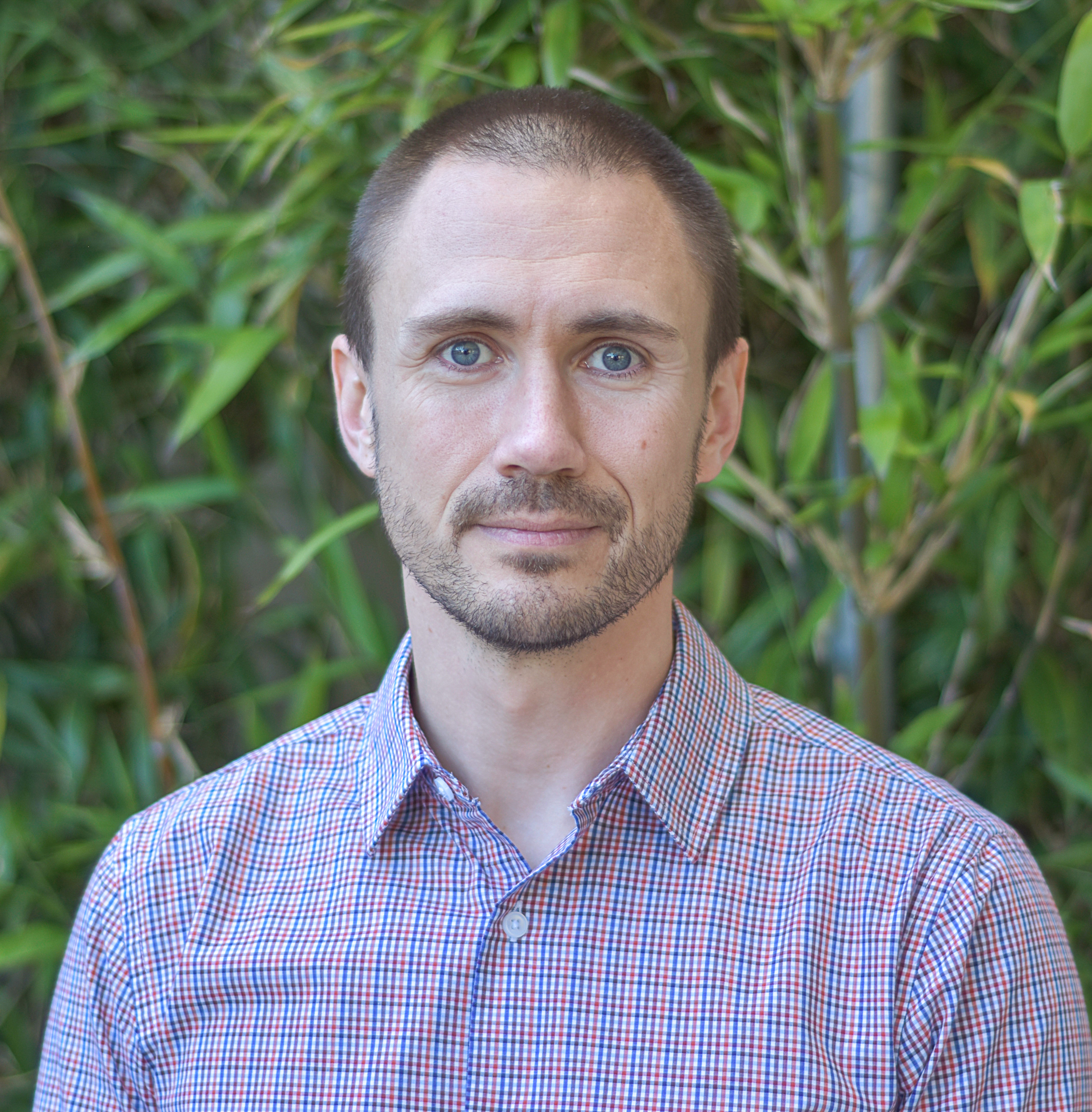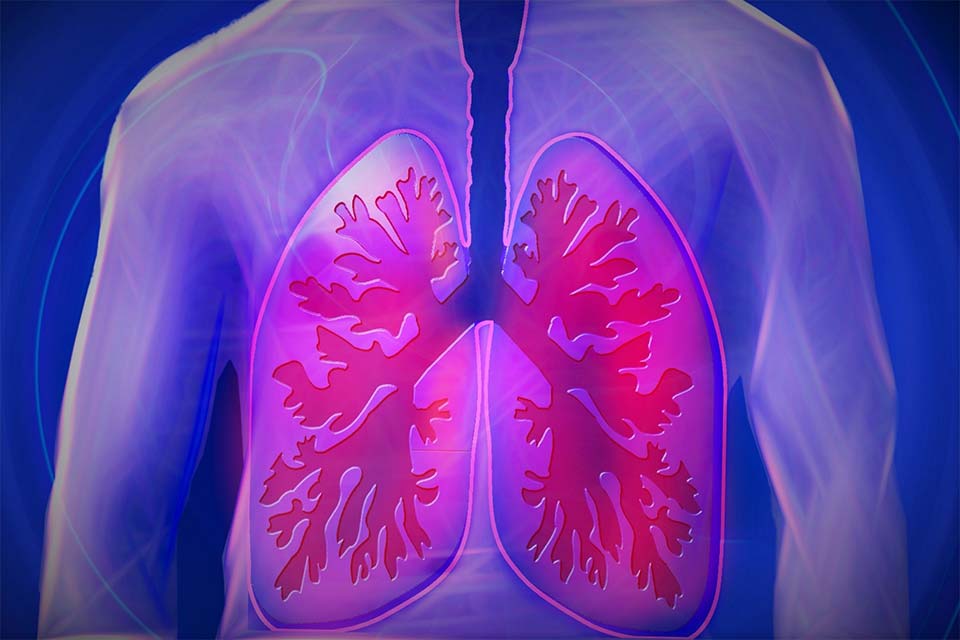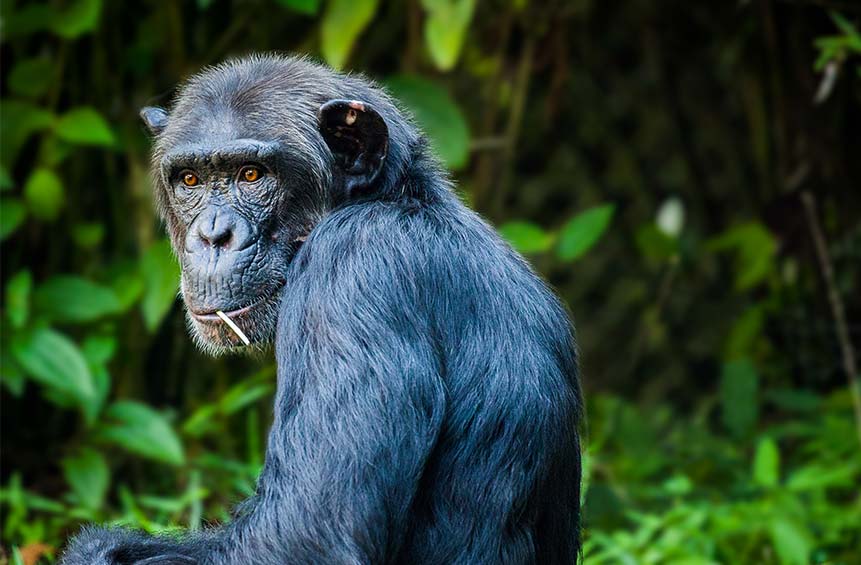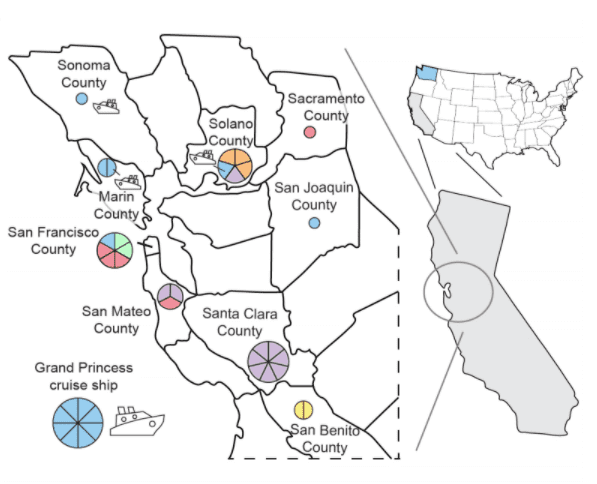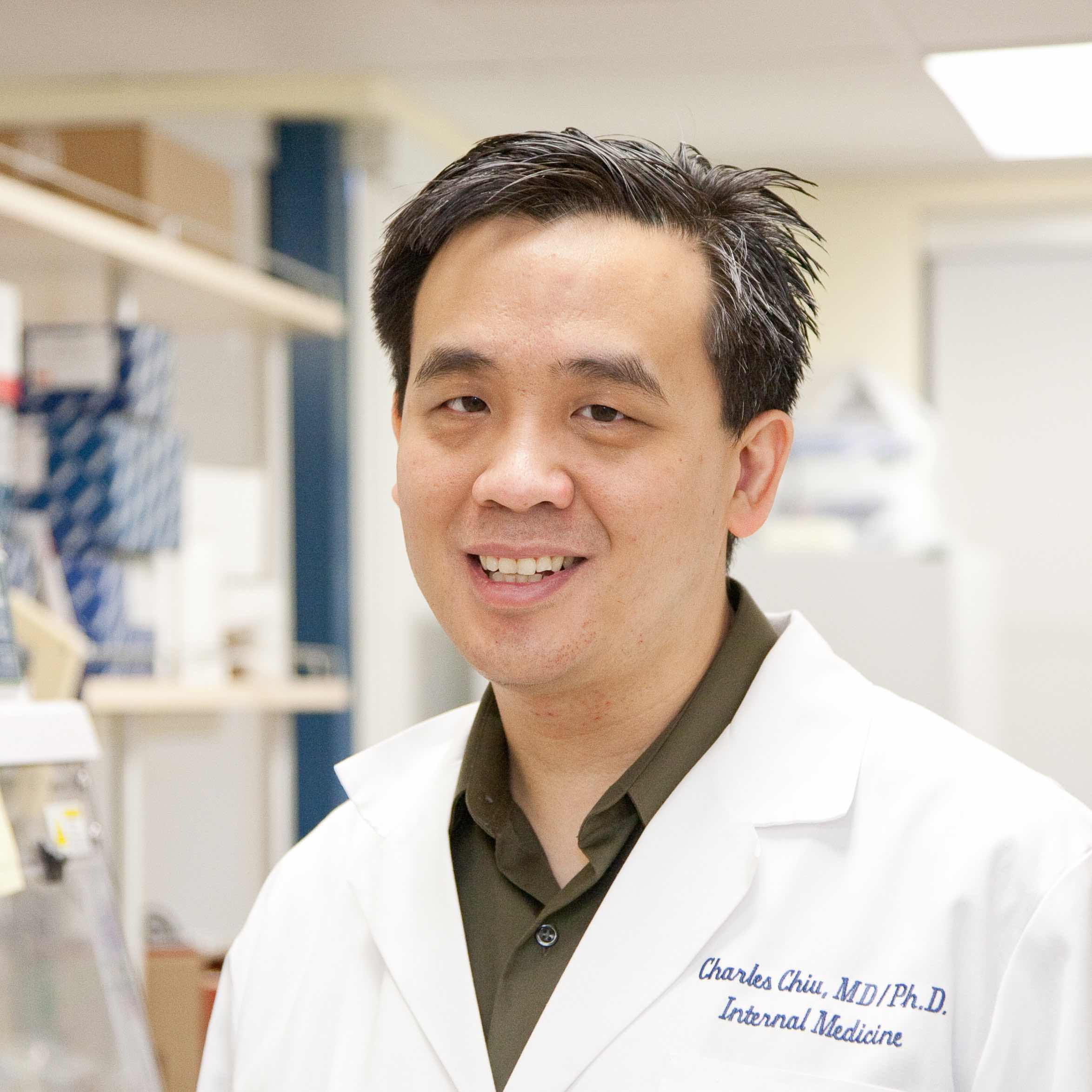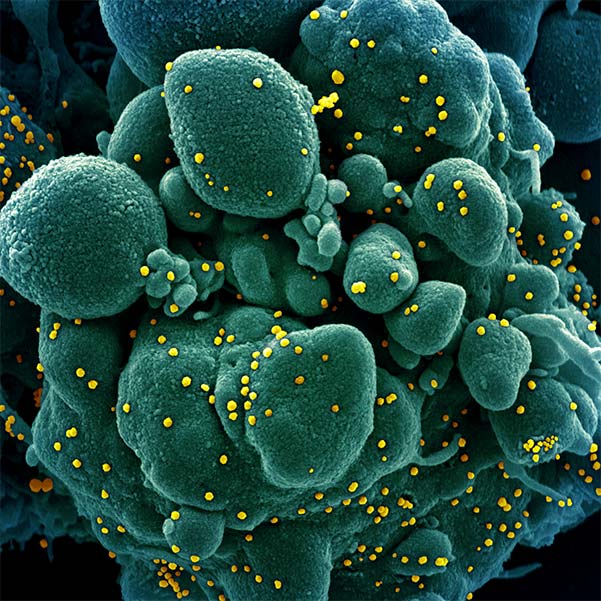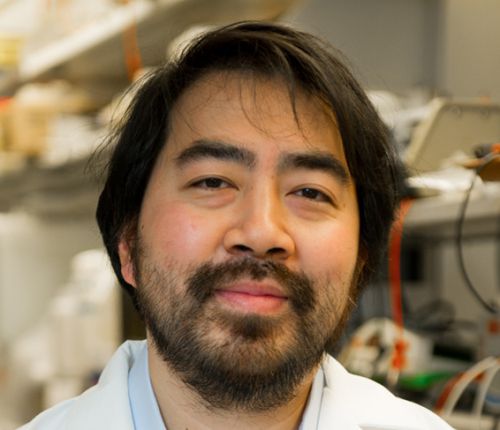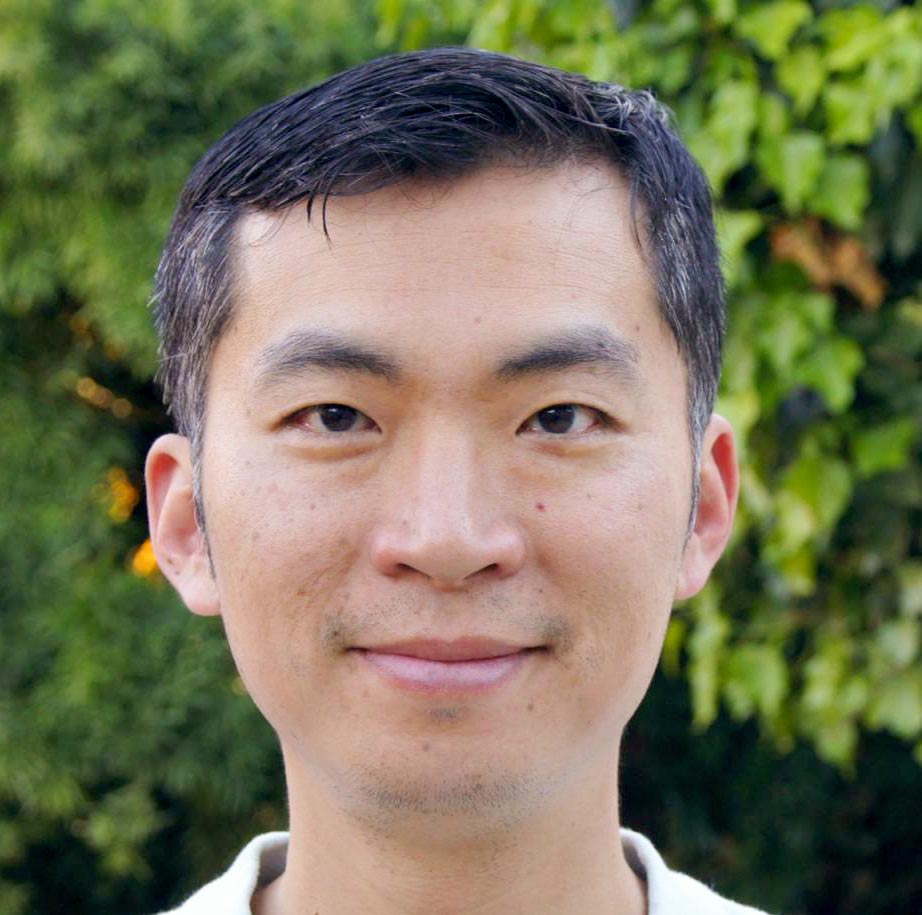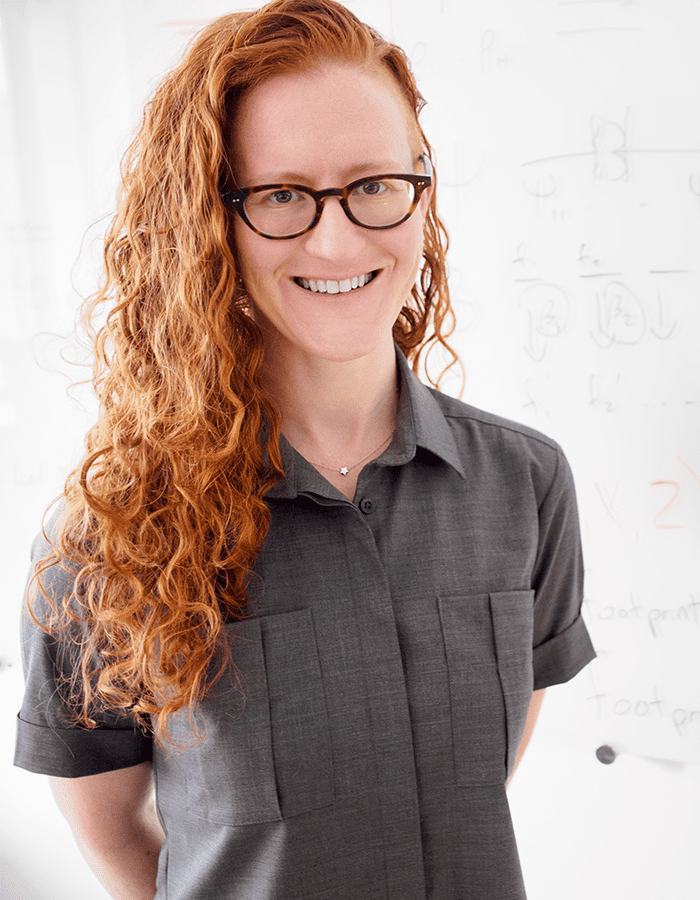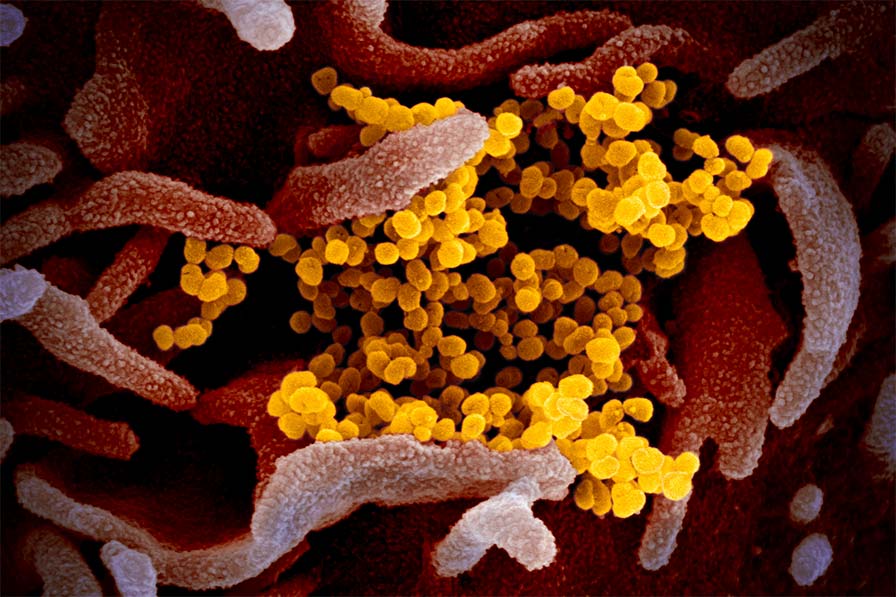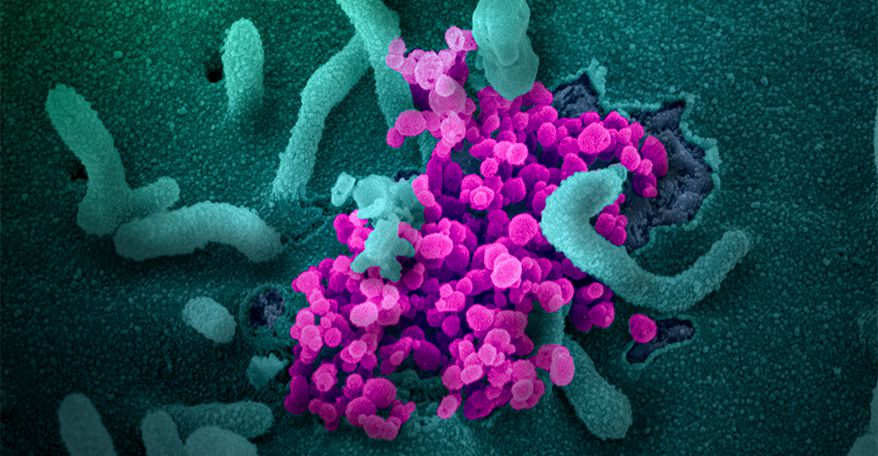Genomics
Institute
Exploring SARS-CoV-2 viruses using CRISPR-based yeast recombineering
We will generate engineered clones of SARS-CoV-2 to understand the function of its viral proteins, which will accelerate the development of vaccine candidates and the testing of antiviral compounds for the ongoing COVID-19 pandemic.
SHARE:
Coronaviral genomes harbor regions that are unclonable in bacterial plasmids, hindering reverse genetic approaches. To address this problem, we will generate and deploy a series of SARS-CoV-2-derived molecular clones assembled in the yeast Saccharomyces cerevisiae using transformation-associated recombination and CRISPR-based recombineering. We will mutate, tag, and investigate each viral protein in the context of a full-length infectious viral clone and produce the corresponding viruses.
In addition to advancing the fundamental understanding of SARS-CoV-2, the virus that causes COVID-19, these resources will also accelerate the development of attenuated viral vaccine candidates and the testing of antiviral compounds at scale using reporter viruses.
This work is funded by the Laboratory for Genomics Research (LGR), a collaboration between UC Berkeley/UCSF (IGI) and GlaxoSmithKline.
Share this project:


